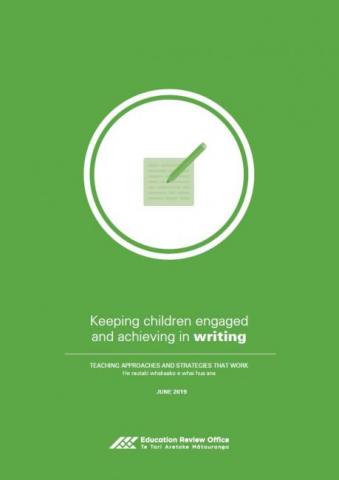Te Kura Huanui : Ko ngā kura o ngā ara angitu
Published: 08 Jul 2021
I roto i Te Kura Huanui: Ko ngā kura o ngā ara angitu, ko ngā uiui me ngā whānau Māori, kaiārahi, kaiako, kaimahi, kaumātua hoki e tūhura ana i te ngākau titikaha o ngā hapori ki te whakarauora, ki te whakapakari hoki i te reo Māori me ngā tikanga Māori mō ā rātou mokopuna, tamariki, uri whakatupu anō hoki.
- Audience:
- Māori-medium
- Content type:
- Research
- Topics:
- Best practice
- Community
- Diversity
- Equitable outcomes
- Immersion
- Inclusion
- Identity
- Kōhanga Reo
- Kauapapa Māori
- Kura
- Knowledge building
- Māori-medium
- Mātauranga Māori
- Māori student achievement
- Māori parents and whanau
- Māori learners
- Māori immersion
- Māori Education Evaluation
- Manaakitanga
- Māori
- Literacy and numeracy
- Methodology
- Te Kōhanga Reo
- Te Kōhanga Reo National Trust
- Te reo Māori
- Te Rūnanga Nui o ngā Kura Kaupapa Māori o Aotearoa
- Teachers | Kaiako
- Teaching
- Tikanga Māori
- Te ao Māori
- Wellbeing
- Whānau
- Whanaungatanga
- Children's success






